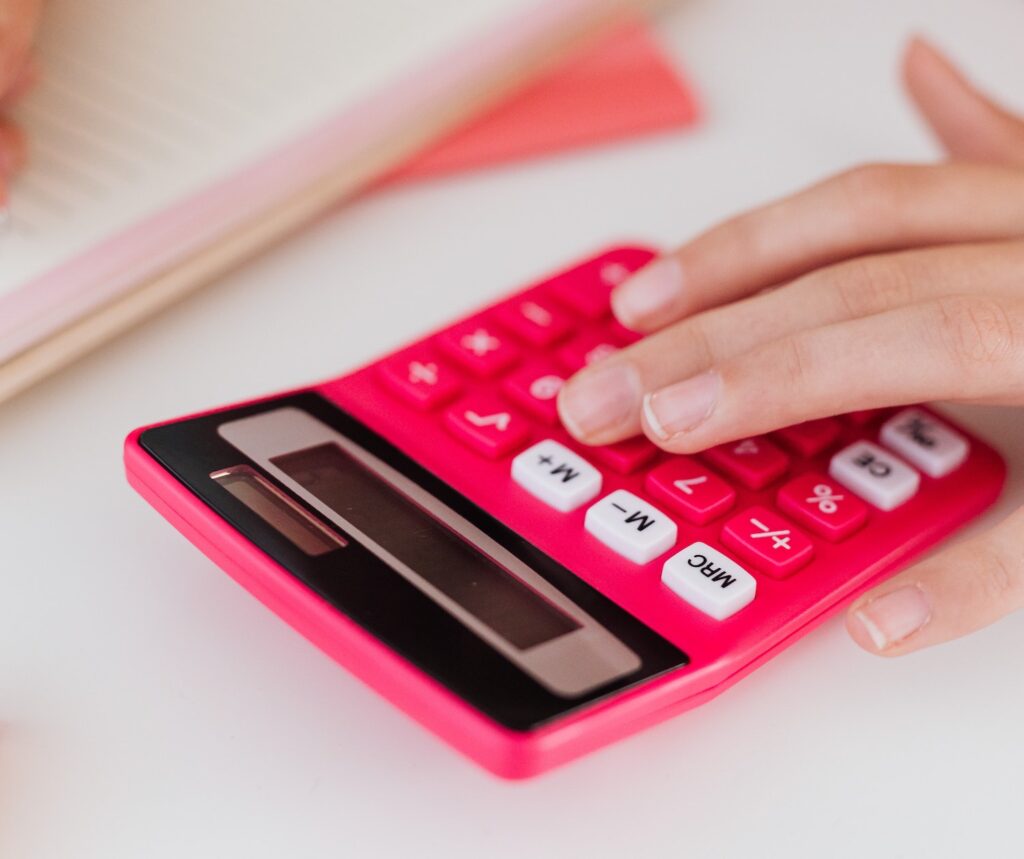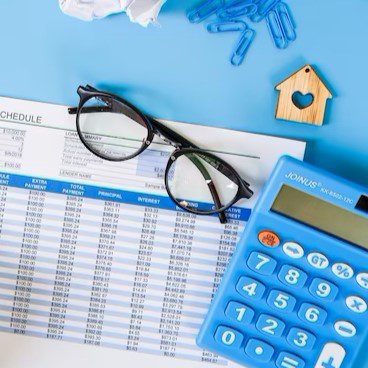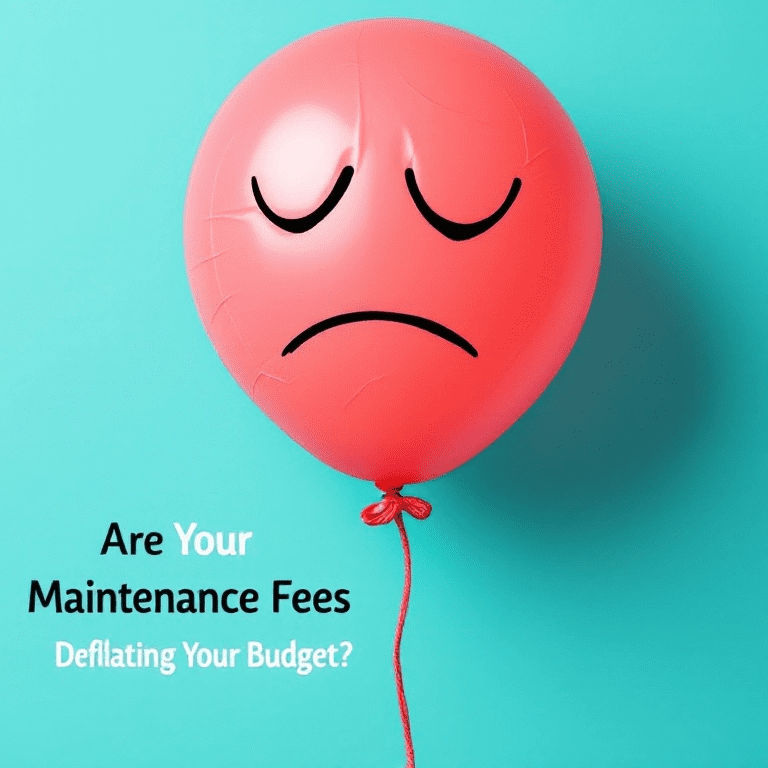Everybody loves the house hunting part of finding a home. Swiping on Realtor.ca, treating it like your own personal matchmaking app only instead of sushi dates and coffee meetups, you’re picking cabinets, window exposure, and judging whether or not that en suite is really, truly “spa-inspired.”
But the reality is that buying a house has a lot more to it than just falling in love with a property. You have to think about finances, baby! And the first step in finding your dream home is determining what your budget will be.
But how do you pick a budget when buying a home in Toronto? First of all, plan ahead, set some goals, and stop eating avocado toast.
Only kidding about the last one. But here are several ways to help determine your budget for buying a home:
Are you subscribed to our YouTube channel? We’re always dropping new videos on everything from tips on living in a condo with children to ways to sell your home quickly. Subscribe here and be the first to know when we put out a new video!
Establish a Baseline and Know Your Stuff
With the rise of digital banking, chances are you are probably not keeping track of your finances in a printed checkbook, and if you are, good for you, that is old school! So at any given time, you are probably only somewhat aware of the exact state of your finances.
The first step in setting a budget for buying a home is to take note of your financials. Do a deep dive into your accounts and look at everything from your debts to your RRSPs, rainy day funds, and more. The more you know about your own personal finances, the better.
From there, you build out and look at even more. Do you have assets? Maybe a home that you want to sell before buying your new home? Are your parents planning to pitch in? Make note of everything.
Looking for more buying resources? Read these blogs next:
- Modern Toronto Condo Upgrades that are Totally Worth It!
- Should You Rent or Buy in Canada?
- Spilling the Tea on Your Top Buyer FAQs
Note All of Your Expenses
Automatic bill payments are both a blessing and a curse. Not having to use mental energy to pay a bill is amazing, but as a result, you might be a little fuzzy on what you’re actually paying for. Believe us, all those subscriptions to streaming services add up!
Go through a month of expenses and find out exactly what bills you have. Whether you’re currently paying a mortgage or you are paying rent, it’s important to understand how any changes to your monthly expenses (ie., a bigger mortgage payment to go along with that bigger house) will impact your overall financial health.
Have you heard of the 50-30-20 rule? It’s a budgeting tool to help you spend wisely. It states that 50% of your income should be spent on “needs” like housing, food, transportation, etc. 30% should be spent on the “wants” like cocktail hours with the girls, a weekend in PEC, or your Peloton membership. What’s the 20% for? You guessed it. 20% of your income should go towards paying off debt or saving money to reach your financial goals, like buying a house!
Are there any cheap homes left in Toronto? Read this blog to find out here!
Sort Your Down Payment
In Canada, we have some of the strictest banking regulations in the world. While that may sound like a bummer for those trying to get quick credit, in reality, strict banking regs actually help protect Canadians from running into financial trouble in uncertain times. (Sound familiar?)
Mortgage down payments in Canada has been a hot topic for years, but contrary to popular belief, you don’t actually need a 20% down payment to buy any home.
It actually works like this:
- If the home you are looking to purchase is $500,000 or less, you need a minimum of 5% for your down payment.
- A home valued between $500,000 and $999,999 can be purchased with a down payment of 5% of the first $500k and 10% for the portion above that.
- If you’re looking to purchase a $1 million or more home, you will still need that 20% down payment.
However, it’s important to note that a down payment of less than 20% will require mortgage loan insurance. This is an extra fee that protects the bank should you default on your mortgage. In most cases, you don’t want to pay extra for this, so at least trying to save up that 20% is recommended.
Before working with a real estate agent, get to know what they are really like. Read these posts next for some good fun (and a little shade!)
Do You Need Bridge Financing?
If you’re selling a property to fund the purchase of a new home, that’s called upsizing, and congrats! It’s always exciting to move up the property ladder. You may think that if you are selling to buy, you are gravy and don’t need to worry as much about financing, but there are some other things to consider when determining your budget for upsizing. Such as:
- Will the profit from your sale be enough to cover the down payment on a new home?
- Are you selling first or buying first?
- Will you have the money from your home sale before any costs are due for your next purchase?
- How much will your monthly payment go up?
- Is your current mortgage portable or will you need to pay any fees for ending it early?
If you plan to buy a home before selling your current property or if there will be some downtime between your current home and the new home closing, you might need to consider a bridge loan. This is a short-term a loan you get from your lender to help carry the mortgage on two properties for a short period of time.
To buy first or sell first, that is the question! Find out the answer in this blog right here.
Consider the Closing Costs
While realistically, closing costs are just one-time fees and shouldn’t have a huge impact on your decision to buy a home, it is something to consider when working out your budget. Closing costs are fees paid upon the closing of the home.
As a buyer, you have to consider these costs since they can usually add up to about 3-5% of your overall purchase price! Some things to think about:
- Lawyers fees
- Home inspection fees
- Land transfer tax (Toronto homes are charged double the regular land transfer tax rate you see in the rest of Ontario!)
- Moving expenses
- Etc.
It can really add up! Luckily, as a buyer, you aren’t on the hook for paying real estate agent commissions, that fee is usually covered by the seller.
You Should Be Able to Trust Your Agent
At the end of the day, your real estate agent can help you with a lot of these things. This is likely not their first rodeo and they can give you practical advice on how to properly budget for a home, and precisely what you can afford based on your unique situation.
Beware of agents who claim you can buy a home above your paygrade if you commit to cooking Kraft Dinner on a hot plate for the first year of owning, that agent is clearly not looking out for your best interests!
If buying a home in Toronto is in your plans for the year, we’d love to help, call or text us at 647-973-8392 for answers to all your home buying questions!





